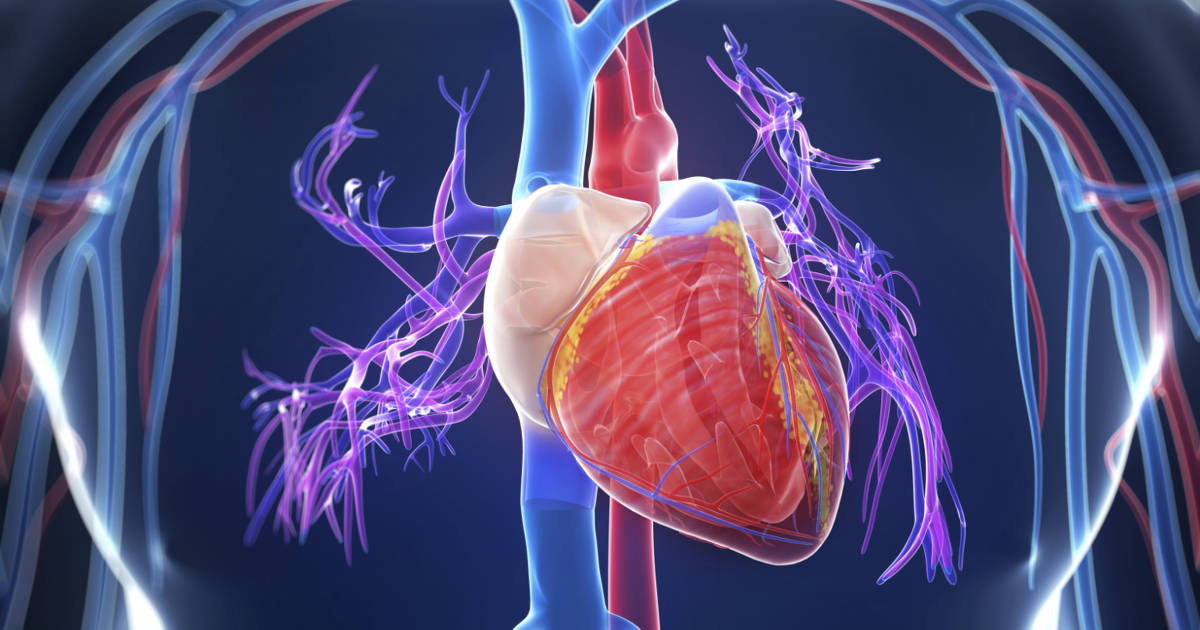What Are The Causes And Risk Factors Of Tricuspid Valve Regurgitation?
Ebstein's Anomaly
Ebstein's anomaly is an uncommon congenital heart defect where abnormalities are present in certain parts of the tricuspid valve of an individual's heart. Individuals affected by Ebstein's anomaly have a tricuspid valve in their heart muscle that separates the right atrium and the right ventricle at a lower position then it does in individuals who do not have this defect. The three leaflets that make up the tricuspid valve in patients with this defect are often considerably larger then they are in a healthy individual. The tricuspid valve often functions poorly because of how these two combined abnormalities affect the normal flow of blood through the individual's heart. A poorly functioning tricuspid valve allows the blood in the heart to flow backward into the right atrium instead of forward into the pulmonary artery. When this defect is left untreated, a severe case of tricuspid valve regurgitation will develop, and the patient will experience heart failure from an enlarged heart. Ebstein's anomaly is the most prevalent congenital heart disease that causes tricuspid valve regurgitation.
Get more details on tricuspid valve regurgitation causes and risk factors now.
Congenital Heart Disease

Congenital heart disease is a group of birth defects related to the structure of a patient's heart. Congenital heart disease can involve the veins and arteries near the heart, the valves of the heart, and or the walls of the heart. Most individuals with congenital heart disease will have more than one defect present in their heart. An individual may be born with irregularly shaped tricuspid heart leaflets that allow the valve to leak blood in the wrong direction. Their tricuspid valve may be located in the wrong position or at the wrong angle between the right atrium and right ventricle. The tricuspid valve may even be absent altogether in some patients. In addition, an individual could be born without enough tendons or too many tendons that attach the tricuspid valve to the heart muscle. Furthermore, any congenital heart defects that put abnormally high pressure on the right ventricle can cause the tricuspid valve to become damaged or weakened, allowing for the regurgitation of blood.
Uncover additional details on the causes and risk factors associated with tricuspid valve regurgitation now.
